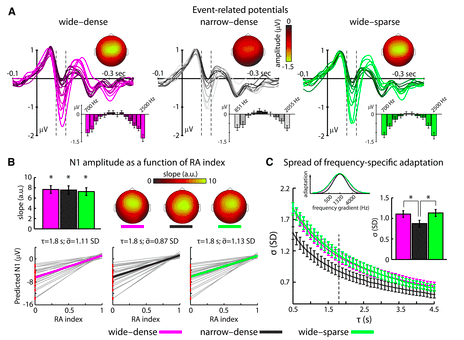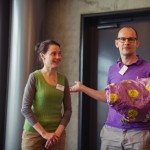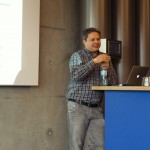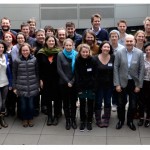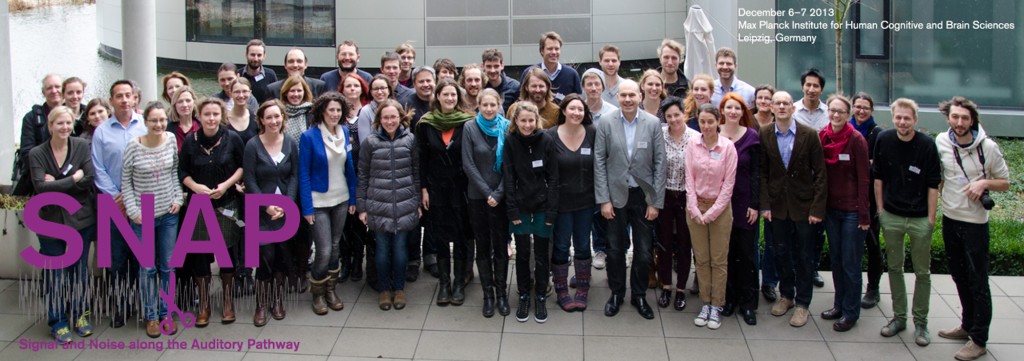Congratulations to Auditory Cognition’s very own Molly Henry who, with Björn Herrmann and Jonas Obleser, is about to publish yet another PNAS paper:
Entrained neural oscillations in multiple frequency bands co-modulate behavior
Henry MJ, Herrmann B, & Obleser J. PNAS, in press.
We are very excited about this one, as it harks back to Molly’s 2012 PNAS paper yet ups the ante somewhat: How do neural oscillations behave towards a more realistically complex mixture of acoustic regularities, and how does listening behaviour change as a function of various neural entrained phases?
Stay tuned until after PNAS embargo has been lifted!
[UPDATE]PNAS paper is online. Check it out here.
References
- Henry MJ1, Herrmann B2, Obleser J1. Entrained neural oscillations in multiple frequency bands comodulate behavior. Proc Natl Acad Sci U S A. 2014 Oct 14;111(41):14935–40. PMID: 25267634. [Open with Read]

